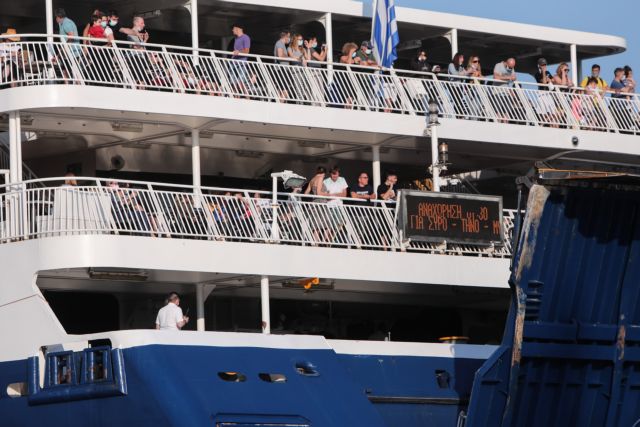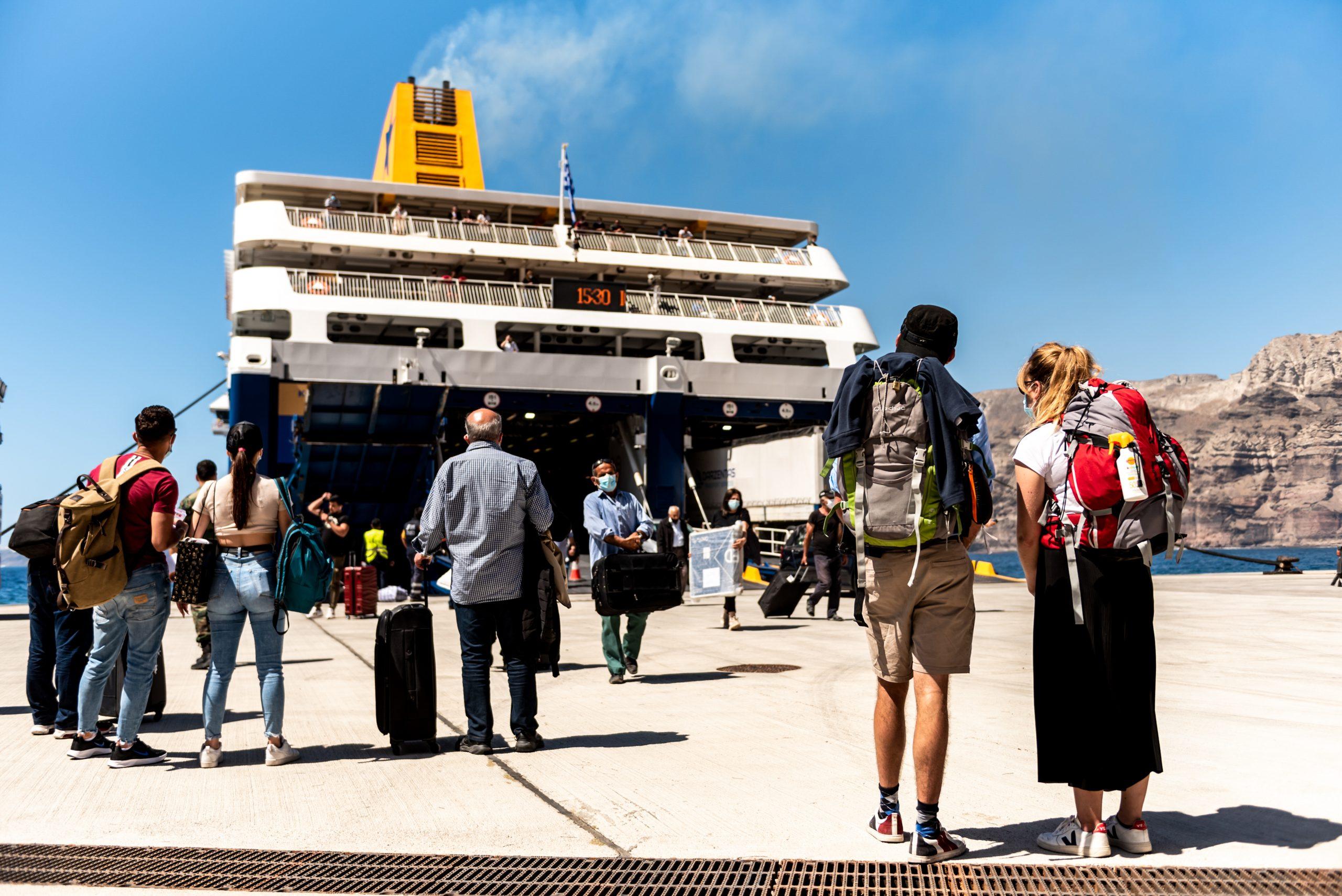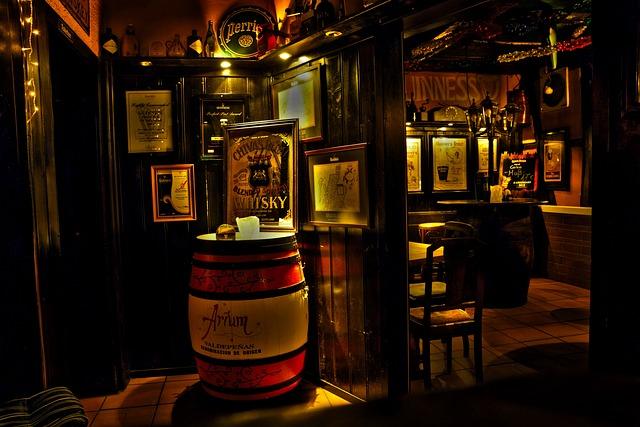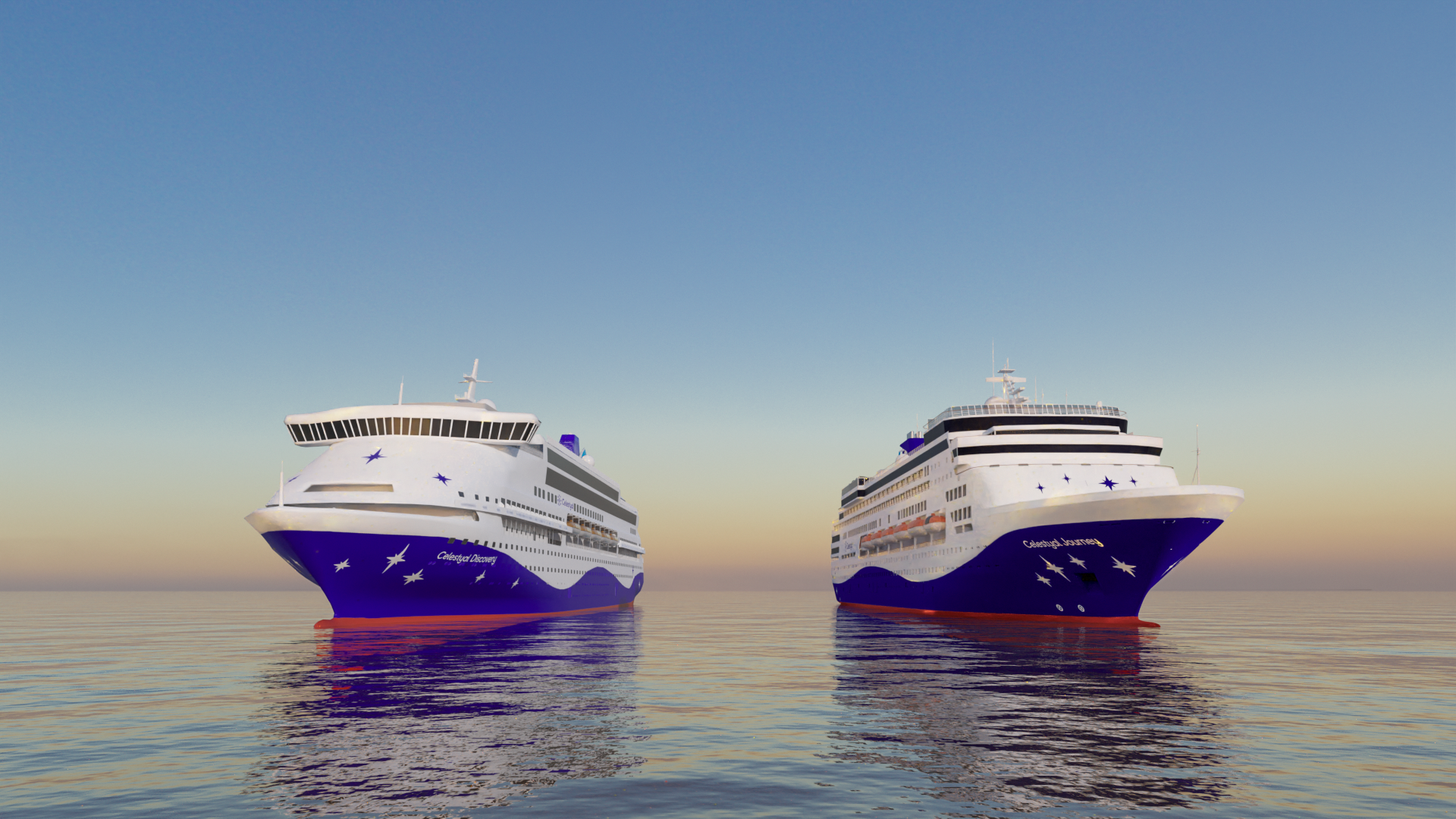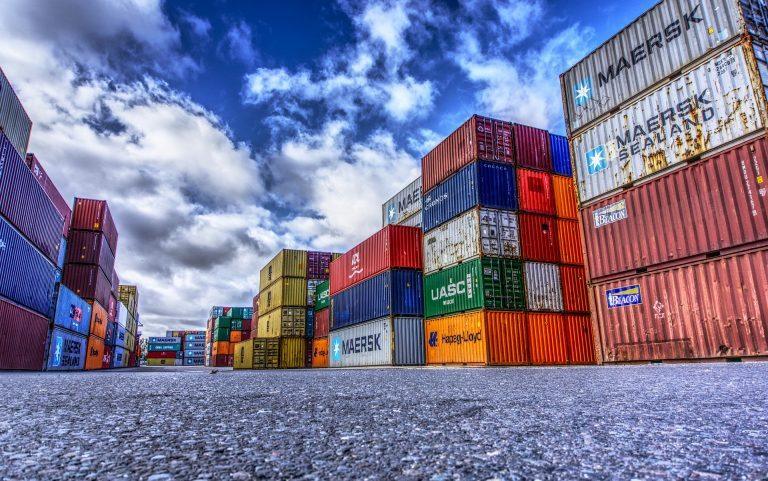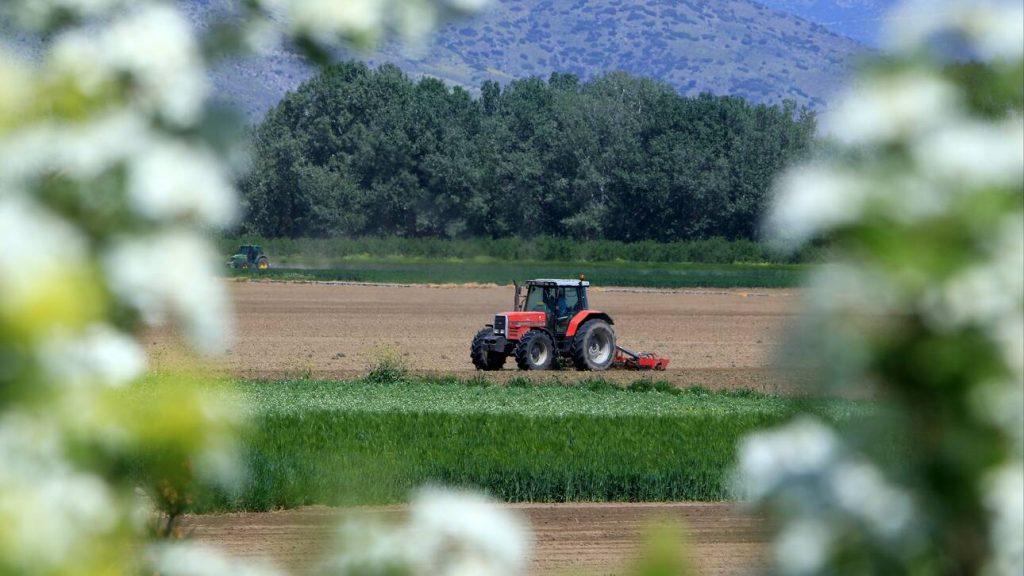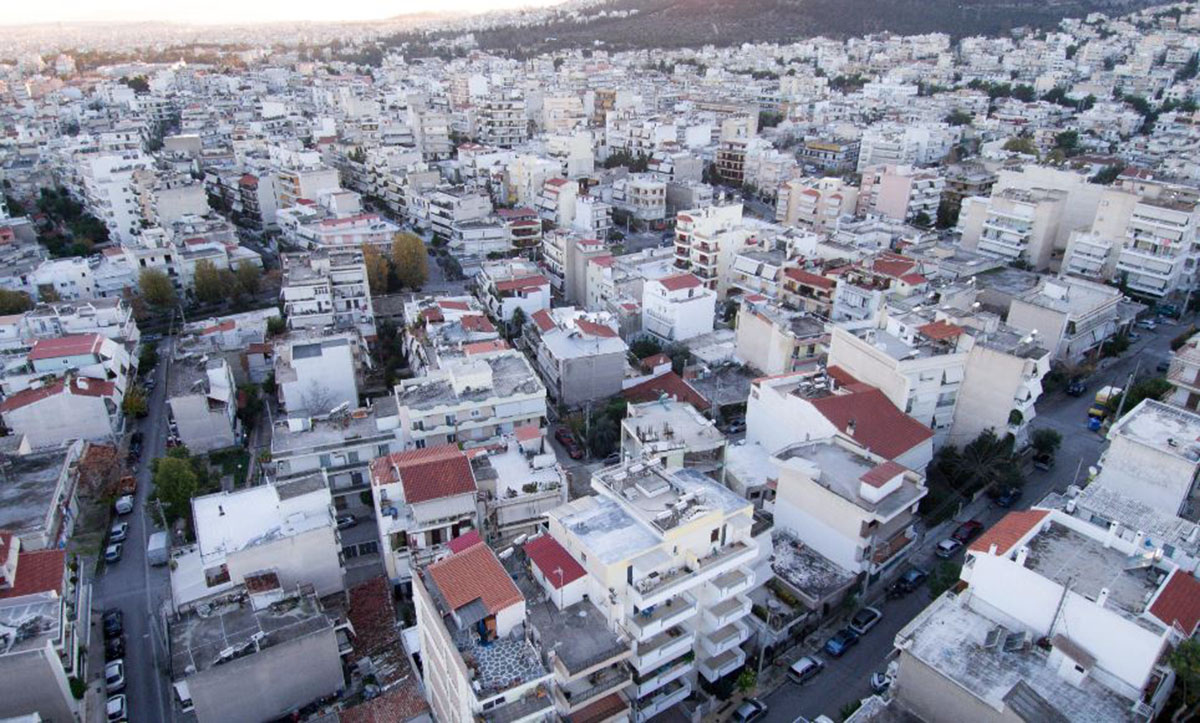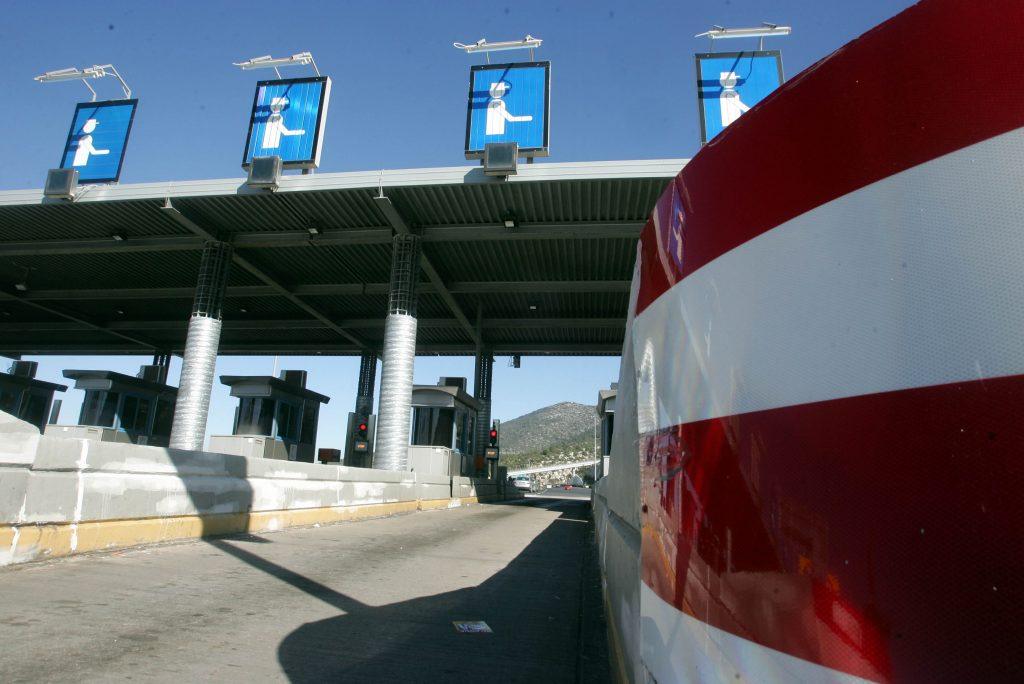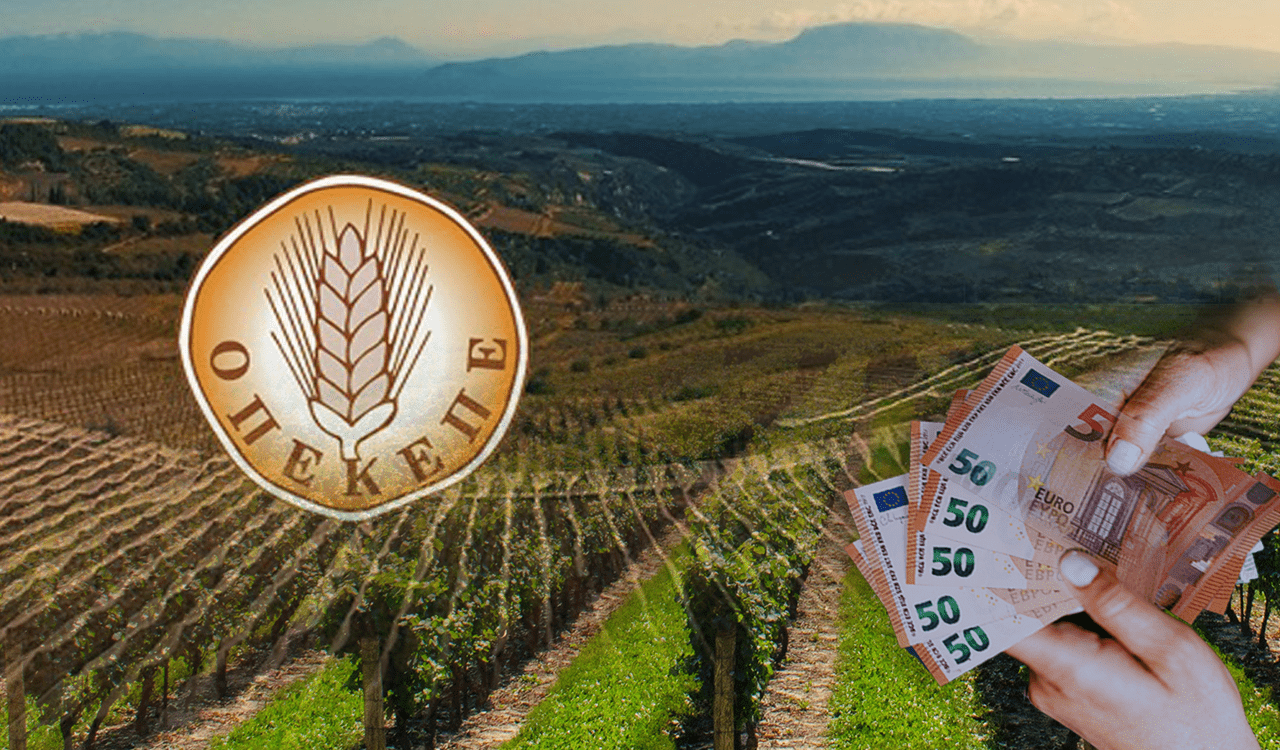Due to the historical price increases of shipping fuel, passengers will see the price of their ferry tickets rising, as well.
Escaping to an island for a few days will cost a fortune, if there are no measures to contain fuel prices, while another alternatrive is to “tie up” the ships.
Yesterday, for the first time in the history of marine fuel, the MGO (for high-speed boats) broke the $1,000/tonne barrier in Piraeus (about 935 euros/tonne), while the fuel prices for conventional coastal ships range from $610 (high sulphur)/tonne to $944 (low sulphur).
I have never seen such prices before, told us a ferry officer, while adding that something must be done because, otherwise, the increases in tickets will be double-digit in percentages, with another alternative being the “tying up” of some ships or the shipping routes to become more rare.
The rise in marine fuel prices came as a result of the hike in crude oil prices to $119 a barrel.
It is worth noting that, since the beginning of the year, the price of low sulphur fuel that most ferries “burn” has increased by 45%.
Many ferry boats have already increased passenger ticket prices in the past and they have put a surcharge on trucks. Τhey also plan new increases for the summer months, which may exceed 15%.
Support measures
However, given that the constant price increases will make the ferry ticket prohibitive for the average Greek citizen while it will have a negative impact on the international tourist traffic, coastal shipping factors note the need for special measures in the context of the broader measures that the government is considering or is considering to take to support households and businesses.
As noted, a relevant proposal-study should be made in cooperation with the Greek Minister of Shipping, Mr. Giannis Plakiotakis, to ensure resources to support the operation of coastal shipping due to the fuel price crisis.
The prospect of reductions and of cancellations of routes will have a significant impact on passenger and freight traffic and, generally, on tourism, as well as on the objectives set in this area. In this case, the consequences as a whole or individually for some destinations are easily predictable, notes to ot.gr a coastal shipping operator.
Among the proposals put on the table is to maintain the winter protocol in the organic composition, in order to reduce to some extent the operating costs of the ship, etc.
Finally, it should be noted that for 2021 alone, ferry companies were charged €130 million due to the increase in fuel costs by 45% in that year.
The government must weigh the situation and reflect on the consequences that the energy crisis may have on our islands, their inhabitants and their tourism, the coastal shipping operators stress.
